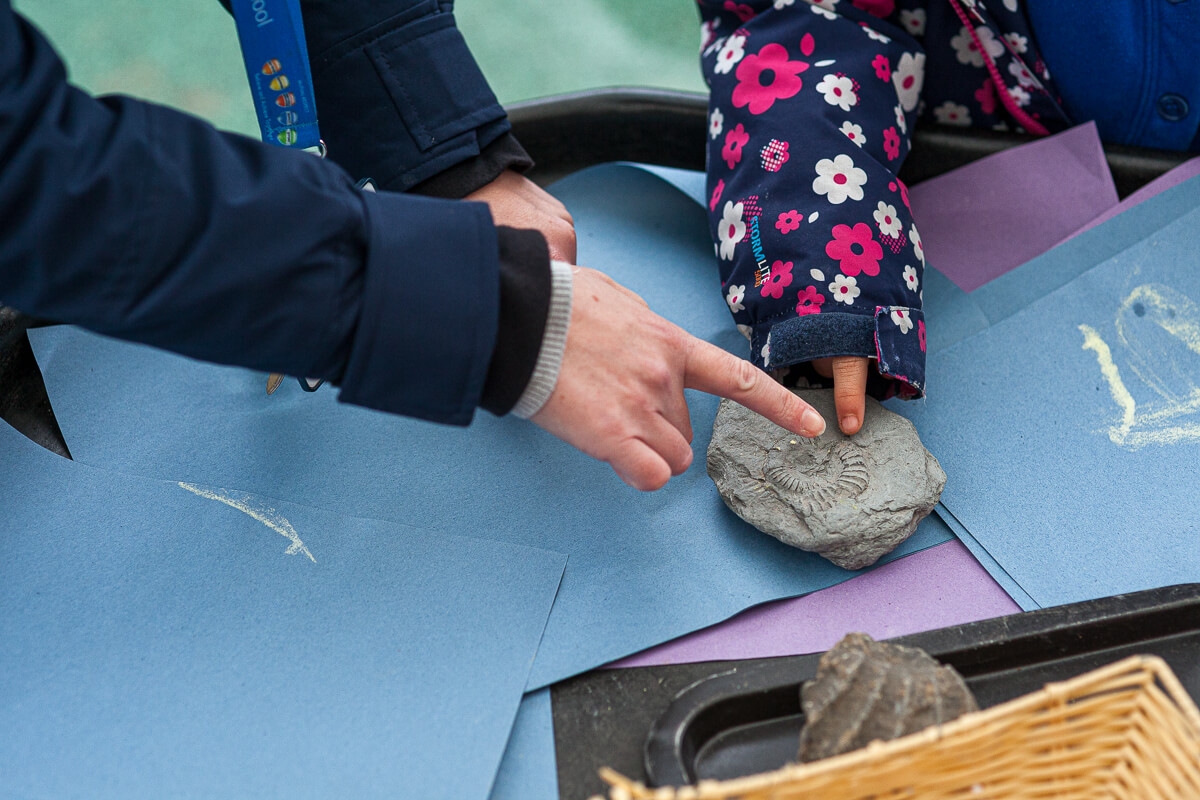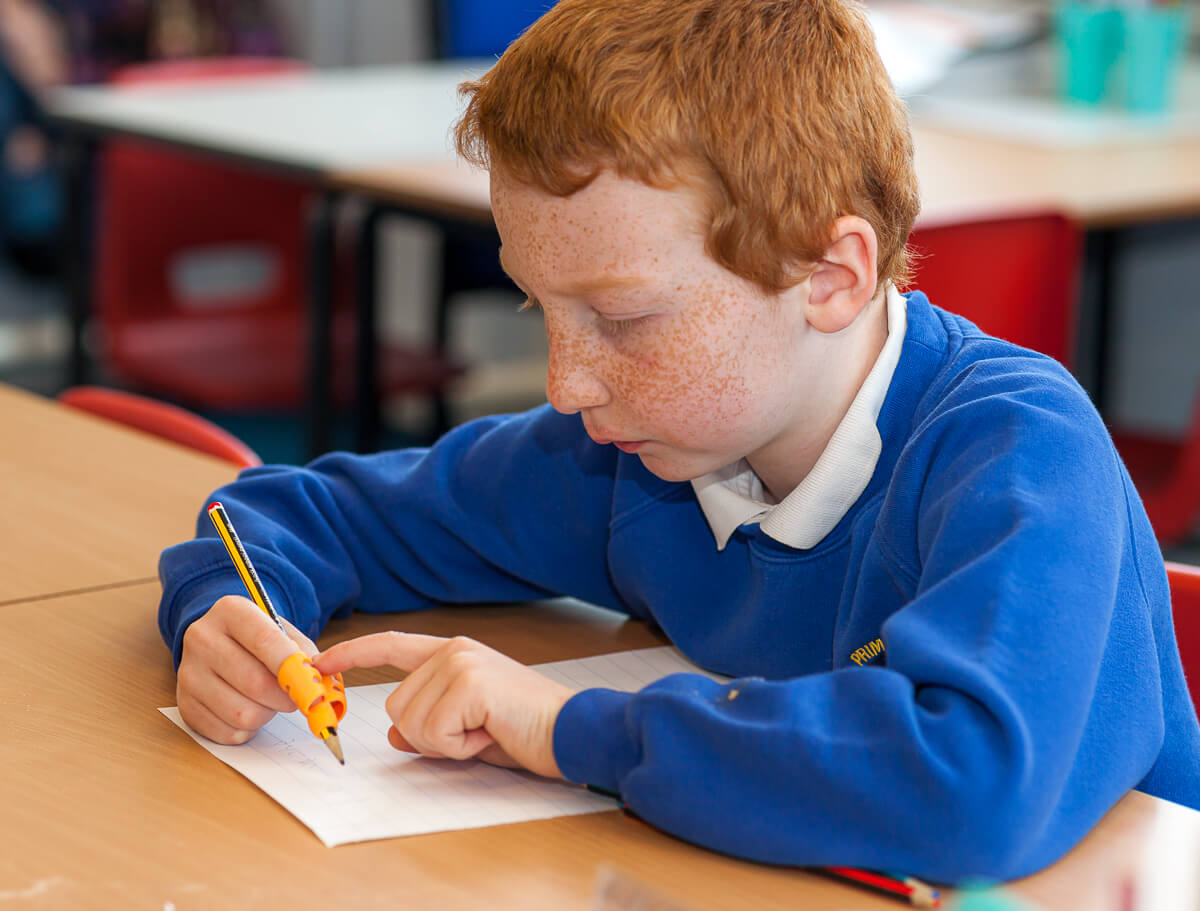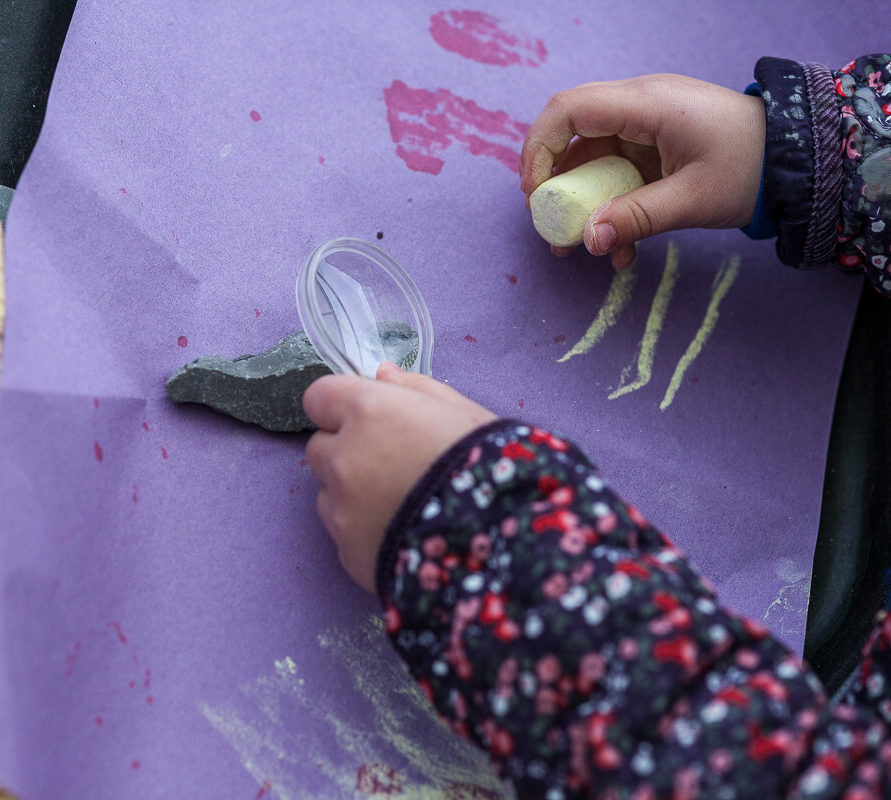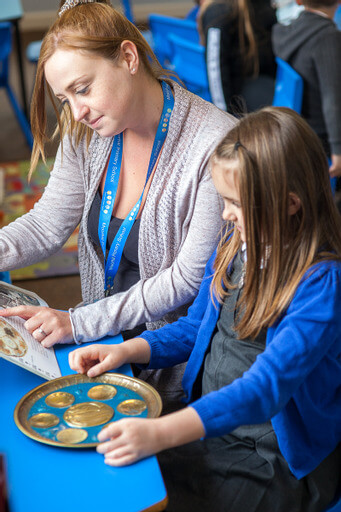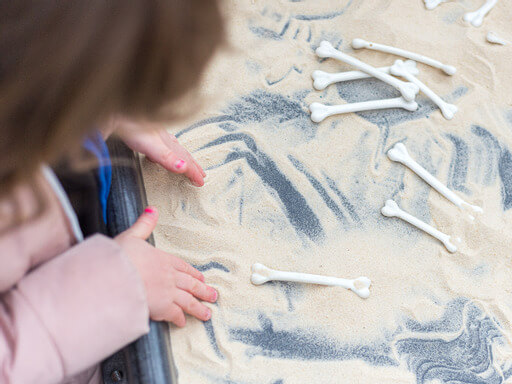Our History curriculum motivates, engages and inspires the pupils. Through the teaching of History, children gain knowledge and understanding of the significance of Britain’s past and that of the wider world. We aim to inspire children’s curiosity to know more about the past. The history curriculum should equip children to ask perceptive questions, think critically, weigh evidence, sift arguments and develop perception and judgment. Through their learning in history, children develop the ability to form their own opinions based on evidence and to understand and respect that the opinions of others may be different to their own.
Intent
At Moorhill, we aim to ensure that our children know their place in history and that they are keen to gain a sense of chronology.
Through our story based curriculum (Opening Worlds) we inspire critical thinking skills with children asking questions about the past and showing a keen interest in finding the answers.
The children develop an ability to interpret and evaluate primary and secondary sources of evidence; which is critical as the children move beyond KS2 into further study.
Implementation
Opening Worlds
Our history curriculum has been developed in accordance with the National Curriculum and with an understanding of progression from the EYFS Framework. Units selected for History follow the statutory guidance to ensure accurate and broad coverage ensuring that clear thematic links are made to support children's’ understanding of history.
- Pre-history
- Ancient Civilisations
- British History
- Significant people
- Local History
- Recent History
History lessons are sequenced to allow children to have key prior knowledge that they are able to build on in future lessons. Lessons Y3 - Y6 follow an expertly made booklet which ensures knowledge is well sequenced. In Reception - Y2 lessons are sequenced by subject leaders and class teachers to ensure knowledge is taught in a logical order.
Our humanities curriculum has storytelling at the heart. It allows children to learn core knowledge that can be highlighted and emphasised it, along with hinterland that allows children to 'hook' the core knowledge onto. Storytelling enables new and key vocabulary to be taught in context allowing for a more secure understanding of its meaning.
Our history curriculum is inclusive to all. In each lesson, all children work towards the same objective just in a way that has been adapted to their needs. All children are given the opportunities to develop their substantive knowledge. Reading has an key role in history at Moorhill. Using our curriculum booklets children are given focused time to read as a class, in small groups or individually after being taught key information and vocabulary to allow them to access the text effectively.
Impact
- Children can use the language of chronology and identify periods of history on timelines.
- Children can confidently talk about people, events and periods of history they have learnt about, and comment on how these have had an impact
- Children use primary and secondary sources and can make inferences about the past from these, understanding that perspective can affect the evidence.
Children ask questions in lessons and follow lines of enquiry as part of their learning about the past, showing keen-ness to find answers to questions.
Learners with Special Educational Needs
At Moorhill, we scaffold and adapt the learning to enable all learners to succeed.
Learning is adapted through:
- Explicit teaching and modelling
- Scaffolded resources
- The use of concrete manipulatives
- Pictorial examples and representations
- Use of technological resources to support learning
- Frequent revisiting of skills
- Adult support
